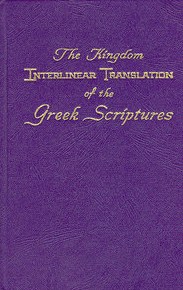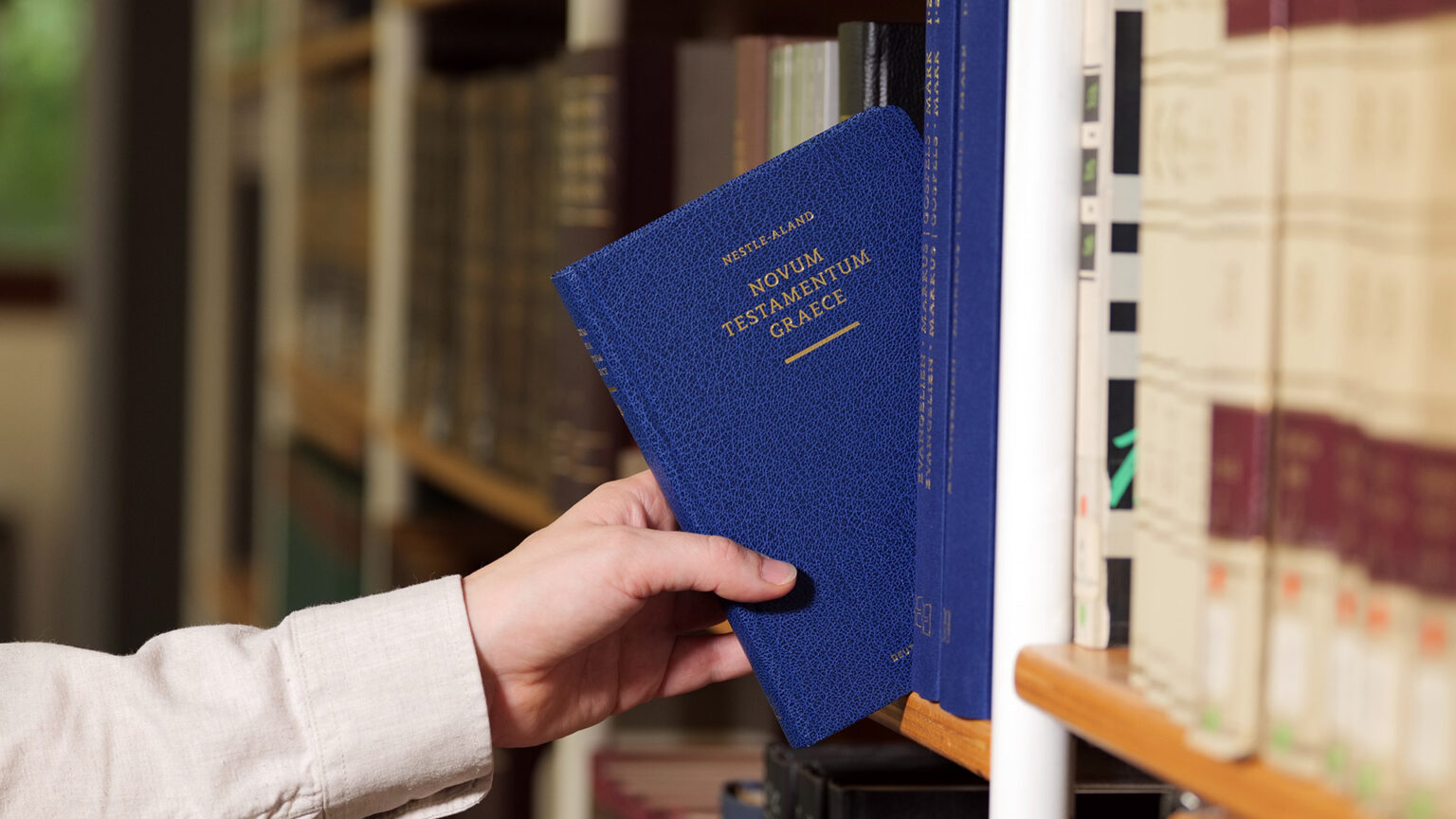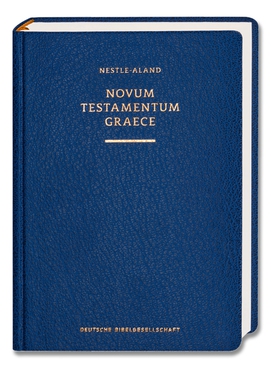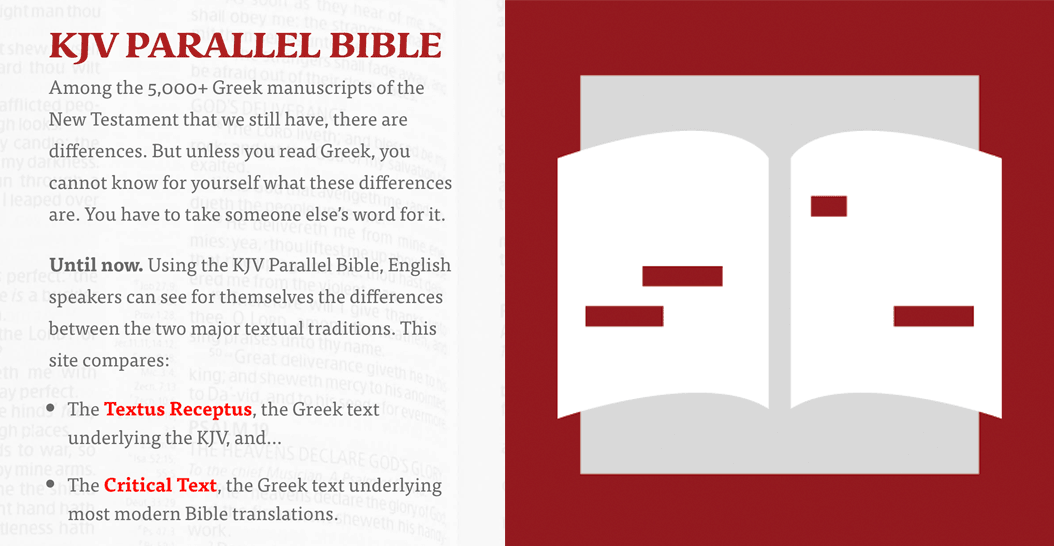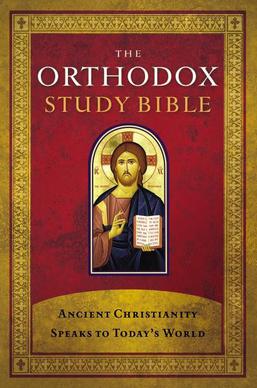bdavidc
Member
- Joined
- Jun 17, 2023
- Messages
- 117
While reading some posts on message boards, I notice the NWT being used as proof texts. Beware of this as it is from false teachers (Matthew 7:15).
A Christian should not believe the New World Translation (NWT) because it reflects theological bias rather than accurate biblical translation. Produced by the Watch Tower Bible and Tract Society (Jehovah’s Witnesses), the NWT incorporates doctrinal alterations that align with Jehovah’s Witness theology rather than the original meaning of Scripture. Unlike reputable translations that rely on the original Hebrew and Greek texts, the NWT inserts sectarian interpretations that misrepresent key Christian doctrines.
One of the most significant issues with the NWT is its deliberate alterations to support Jehovah’s Witness doctrine. For example, in John 1:1, most reputable translations state, “In the beginning was the Word, and the Word was with God, and the Word was God.” However, the NWT changes this to “the Word was a god,” diminishing Christ’s deity and aligning with the Jehovah’s Witness belief that Jesus is a lesser god, not fully divine. Similarly, in Colossians 1:16-17, where most translations affirm that Christ created “all things,” the NWT inserts the word “other” (“because by means of him all other things were created”), implying that Christ Himself was created. This contradicts the biblical doctrine of His eternal existence.
Additionally, the NWT contains numerous mistranslations that attempt to deny the Trinity. The deity of Christ, the personhood of the Holy Spirit, and the nature of God are downplayed. For instance, in Hebrews 1:6, the word “worship” is changed to “obeisance” when referring to Jesus, avoiding the implication that He should be worshiped as God. Such changes reflect a theological agenda rather than a commitment to faithful translation.
Another major concern is that the translation committee responsible for the NWT lacked recognized credentials in biblical languages. Unlike major Bible translations such as the ESV, NASB, KJV, and NIV, which rely on teams of scholars proficient in Hebrew, Greek, and Aramaic, the NWT was produced by individuals without formal training in biblical languages. This lack of scholarly expertise has led many Greek and Hebrew scholars to reject the NWT as inaccurate and biased. Dr. Bruce Metzger, a world-renowned biblical scholar, described the NWT’s handling of the Greek as “a distortion, rather than a translation.”
Furthermore, the Jehovah’s Witness organization has a history of changing its doctrines, including making failed prophecies and revising its teachings over time. Since the NWT is published by an organization known for doctrinal shifts, it is not reliability as a stable and trustworthy translation.
For these reasons, a Christian should not trust the New World Translation. It intentionally alters key scriptures to fit Jehovah’s Witnesses’ beliefs, mistranslates passages concerning Christ’s deity and the Trinity, lacks scholarly credibility in biblical languages, and is widely rejected by experts as an inaccurate translation. To ensure a faithful rendering of Scripture, Christians should rely on well-respected translations such as the ESV, NASB, KJV, or NKJV, which are produced by expert scholars without denominational bias.
A Christian should not believe the New World Translation (NWT) because it reflects theological bias rather than accurate biblical translation. Produced by the Watch Tower Bible and Tract Society (Jehovah’s Witnesses), the NWT incorporates doctrinal alterations that align with Jehovah’s Witness theology rather than the original meaning of Scripture. Unlike reputable translations that rely on the original Hebrew and Greek texts, the NWT inserts sectarian interpretations that misrepresent key Christian doctrines.
One of the most significant issues with the NWT is its deliberate alterations to support Jehovah’s Witness doctrine. For example, in John 1:1, most reputable translations state, “In the beginning was the Word, and the Word was with God, and the Word was God.” However, the NWT changes this to “the Word was a god,” diminishing Christ’s deity and aligning with the Jehovah’s Witness belief that Jesus is a lesser god, not fully divine. Similarly, in Colossians 1:16-17, where most translations affirm that Christ created “all things,” the NWT inserts the word “other” (“because by means of him all other things were created”), implying that Christ Himself was created. This contradicts the biblical doctrine of His eternal existence.
Additionally, the NWT contains numerous mistranslations that attempt to deny the Trinity. The deity of Christ, the personhood of the Holy Spirit, and the nature of God are downplayed. For instance, in Hebrews 1:6, the word “worship” is changed to “obeisance” when referring to Jesus, avoiding the implication that He should be worshiped as God. Such changes reflect a theological agenda rather than a commitment to faithful translation.
Another major concern is that the translation committee responsible for the NWT lacked recognized credentials in biblical languages. Unlike major Bible translations such as the ESV, NASB, KJV, and NIV, which rely on teams of scholars proficient in Hebrew, Greek, and Aramaic, the NWT was produced by individuals without formal training in biblical languages. This lack of scholarly expertise has led many Greek and Hebrew scholars to reject the NWT as inaccurate and biased. Dr. Bruce Metzger, a world-renowned biblical scholar, described the NWT’s handling of the Greek as “a distortion, rather than a translation.”
Furthermore, the Jehovah’s Witness organization has a history of changing its doctrines, including making failed prophecies and revising its teachings over time. Since the NWT is published by an organization known for doctrinal shifts, it is not reliability as a stable and trustworthy translation.
For these reasons, a Christian should not trust the New World Translation. It intentionally alters key scriptures to fit Jehovah’s Witnesses’ beliefs, mistranslates passages concerning Christ’s deity and the Trinity, lacks scholarly credibility in biblical languages, and is widely rejected by experts as an inaccurate translation. To ensure a faithful rendering of Scripture, Christians should rely on well-respected translations such as the ESV, NASB, KJV, or NKJV, which are produced by expert scholars without denominational bias.

